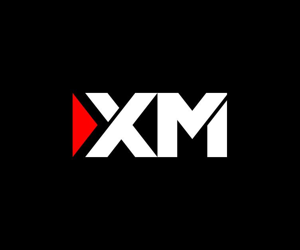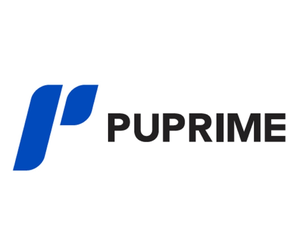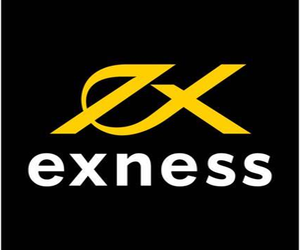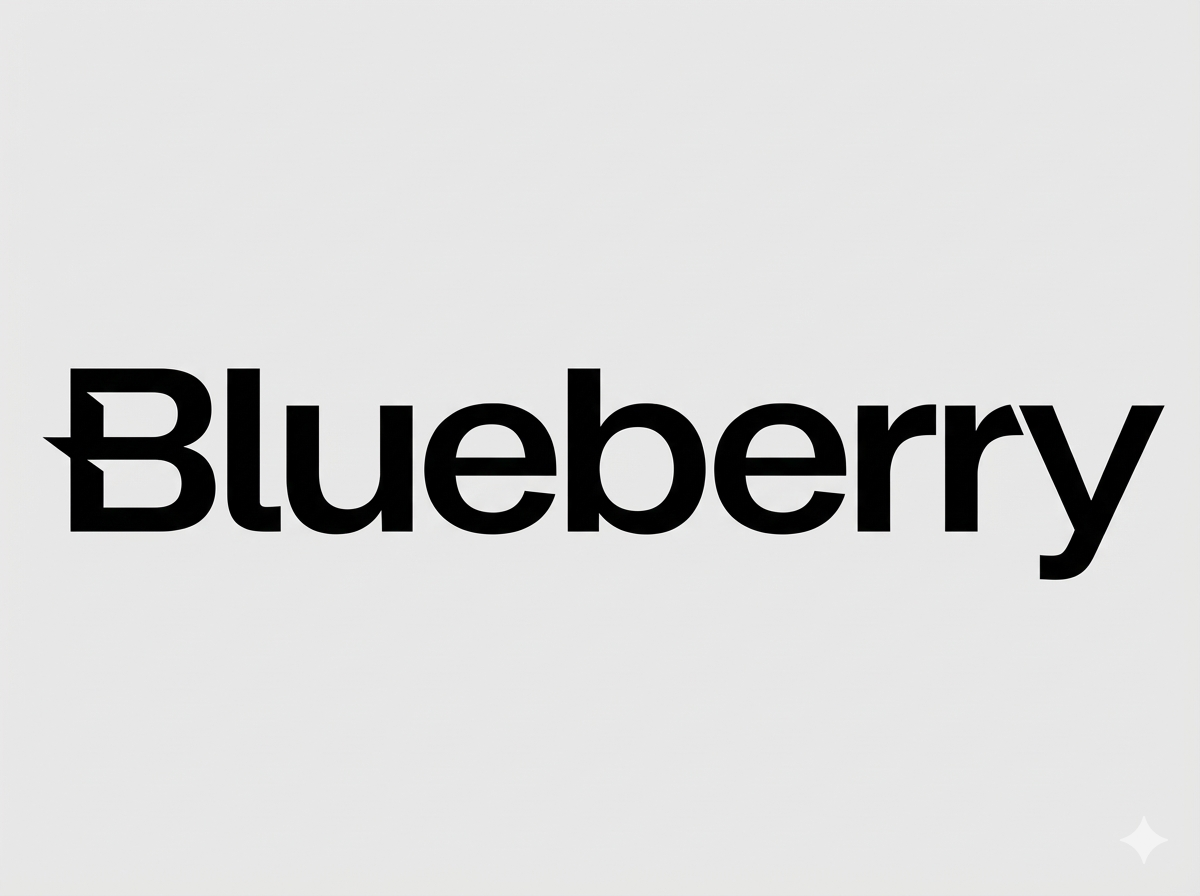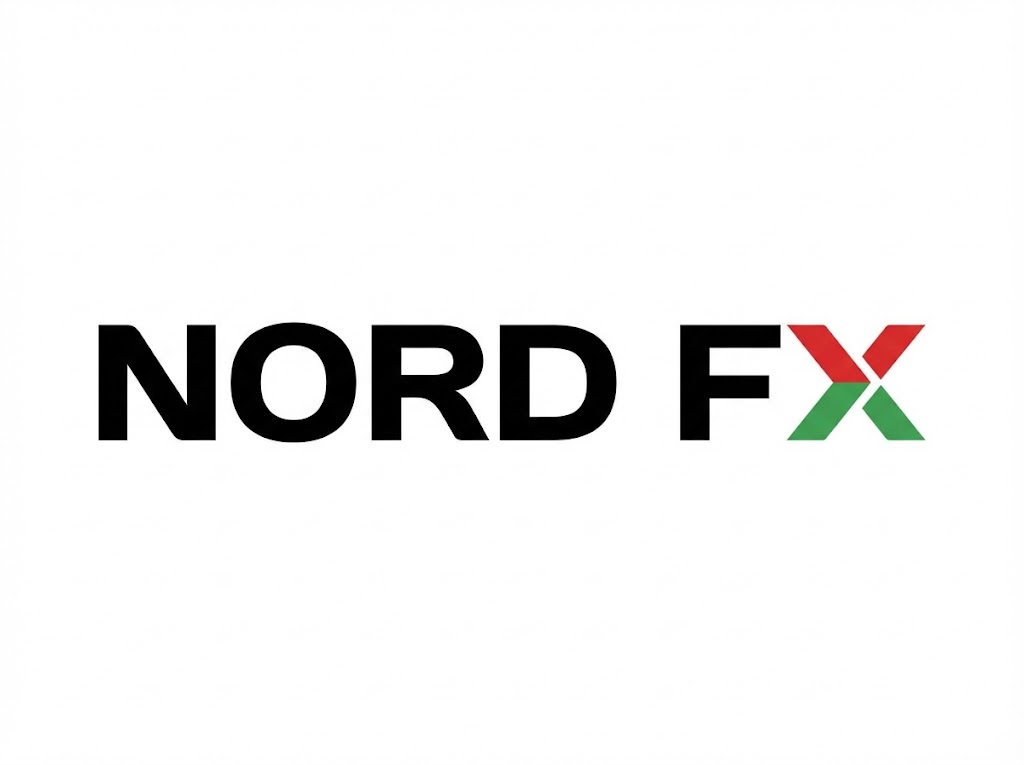Exness review: Exness earns a Silver rating for low costs, quick automated withdrawals, and MT4/MT5 support. Most retail onboarding occurs outside UK/EU, so no FSCS/ICF for many—though funds are segregated and NBP applies. See how tech strengths stack against safety trade-offs.
Finding the right forex broker can feel like navigating a maze. For every trusted name, dozens of others operate in the shadows. Exness, a broker that has grown into one of the world’s largest by trading volume, commands attention. But does its massive scale translate into a safe and valuable platform for everyday investors? This review cuts through the noise to deliver a clear-eyed verdict.
We examined Exness through a rigorous, data-driven lens, focusing on what matters most to you: safety, reliability, and real-world performance. The broker offers a powerful trading environment with very tight pricing—especially on its Raw and Zero accounts—appealing to both new and experienced traders. However, its multi-entity regulatory structure, which varies by your country of onboarding, requires careful consideration.
Based on our comprehensive evaluation, Exness earns a Silver rating. According to the TraderVerified methodology, this classification identifies a reliable broker with a strong track record that performs well in most areas—though there are specific weaknesses traders should understand before committing funds. This article walks through the layers of its regulatory framework, broker reputation among traders, and its core strengths and weaknesses.
Regulation & Safety: A Tale of Two Tiers
A broker’s commitment to regulation is the foundation of its trustworthiness. Exness operates multiple licensed entities. Important update: Exness’s UK (FCA) and EU (CySEC) entities exist, but do not offer services to retail clients; most retail traders are onboarded via its international entities (e.g., Seychelles, BVI, Curaçao) and certain domestic markets (South Africa, Kenya). This means many retail clients won’t have UK/EU investor-compensation coverage (FSCS/ICF), even though Exness applies firm-level safeguards such as segregated funds and negative balance protection.
Tier-1 Regulators (Gold standard):
- Exness (UK) Ltd — FCA, FRN 730729. Does not serve retail clients.
- Exness (Cy) Ltd — CySEC, Licence 178/12. Does not serve retail clients.
Tier-2 / Mid-tier Regulators (credible oversight, fewer protections vs. Tier-1):
- Exness ZA (Pty) Ltd — South Africa FSCA, FSP 51024.
- Exness (KE) Ltd — Kenya CMA, Non-Dealing FX Broker 162. (Domestic regulator; not “offshore”.)
Offshore / International Regulators (lighter regimes, no statutory compensation funds):
- Exness (SC) Ltd — Seychelles FSA, SD025.
- Exness (VG) Ltd — BVI FSC, SIBA/L/20/1133.
- Exness B.V. — CBCS (Curaçao & Sint Maarten), 0003LSI.
What protections apply in practice?
Exness is also a member of the Financial Commission; its €20,000 fund applies only if a broker fails to honor a FinCom ruling—not for insolvency.nds like the FSCS (£85,000) and ICF (€20,000). However, most international clients are onboarded through the Tier-3 regulated entities. While these entities still offer negative balance protection—ensuring you can’t lose more money than you deposit—and keep client funds in segregated accounts, they lack the safety net of an investor compensation fund. This mixed regulatory profile is the primary reason Exness is held back from a Gold rating.
Investor compensation (FSCS £85k / ICF €20k) applies to clients of the UK/EU entities—but those entities are currently not onboarding retail clients, so most users won’t be covered.
Segregated client funds and Negative Balance Protection are firm-level policies used across entities (not insolvency schemes).
Trader Reputation & Market Presence: High Volume, Mixed Feedback
Exness reports extremely high client volumes. For example, April 2024 reached about $5.1T (a record at that time), with monthly volumes often above $4T during 2H-2023/2024—useful context for liquidity and pricing.
Client feedback aggregated on industry sites highlights three consistent positives—fast/automated withdrawals, low costs on Raw/Zero, and stable execution—alongside recurring negatives: support quality can vary, “unlimited leverage” risks for inexperienced traders, and occasional transparency complaints around swaps/slippage during news. Exness markets instant/automated withdrawals widely, stating over 98% are processed automatically (availability depends on method).
Strengths & Weaknesses
Strengths
- Very competitive trading costs (esp. Raw/Zero): Commissioned accounts often quote 0.0-pip minimums plus ~$7/lot RT commission; realistic Standard EUR/USD averages are typically ~0.6–1.5 pips (no commission)—not 0.2 pips.
- Ultra-fast withdrawals: Exness advertises instant/automated processing for most methods and cites 98% auto-processing.
- Wide range of account types: Standard (incl. Standard Cent), Raw Spread, Zero, Pro—covering different styles and budgets.
- Reliable technology & platforms: MT4, MT5, and Exness Terminal are available.
- Negative Balance Protection for all clients (policy): helps cap downside at zero in stop-out scenarios.
Weaknesses
- Fragmented protections: Most retail onboarding occurs outside UK/EU, so no FSCS/ICF for many clients despite firm-level safeguards.
- Limited share CFD catalog: The multi-asset lineup is decent (FX, metals, energies, indices, crypto), but stock CFD coverage is narrower than some large multi-asset peers.
- High-risk leverage marketing: “Unlimited leverage” is offered under conditions (e.g., equity thresholds & trading history) and is risky for beginners.
- Inconsistent support depth: 24/7 & multilingual, but reviews note mixed experiences on complex cases.
Important Nuances (Accuracy Upgrades)
- Do not state that “UK/EU traders are automatically covered” with Exness. The FCA/CySEC entities do not accept retail clients, so most users won’t have FSCS/ICF cover. Keep the scheme figures as general background only.
- Spreads clarification: Replace “Standard EUR/USD average ~0.2 pips” with: “Standard EUR/USD typical ~0.6–1.5 pips (no commission), while Raw/Zero often quote 0.0 pips plus commission.”
- Kenya CMA is not ‘offshore’: It’s a domestic regulator (Tier-2/mid-tier in many taxonomies). Move Exness (KE) Ltd out of an “offshore” list.
- Financial Commission: Note clearly that its €20k fund only covers unpaid FinCom awards—not insolvency.
- Audit/Transparency: Exness has Deloitte perform assurance / agreed-upon procedures on selected metrics (trading volumes, client withdrawals, partner commissions)—not a full statutory financial statement audit. Cite examples (2014–2019; later summaries).
Overall Verdict: A Powerful Broker Best Suited for the Cost-Conscious
Exness confidently secures a Silver rating. It’s a technologically advanced broker with extremely competitive pricing and standout withdrawal automation. The platform is powerful, reliable, and suitable for high-frequency traders, scalpers, and algorithmic traders who prioritize tight spreads and fast execution.
Best for:
- Experienced, cost-sensitive traders who can manage leveraged risk and are comfortable onboarding under non-UK/EU entities (i.e., no FSCS/ICF cover).
- Algorithmic traders needing stable MT4/MT5 connectivity and low-latency execution.
- Beginners who choose Exness should start small (e.g., Standard Cent) and use conservative leverage, recognizing they’ll likely be registered under a non-UK/EU entity.
In the landscape of Silver-rated brokers, Exness distinguishes itself with technology and pricing, placing it ahead of peers that often charge more—but it trails Gold-rated options that combine low costs with consistent Tier-1 retail onboarding. Your choice hinges on priorities: top-tier statutory safety vs rock-bottom costs.
Expert Review Notes (Staff Insights)
Exness has published periodic Deloitte-assured metrics (e.g., volumes, withdrawals, partner commissions), a transparency step few privately held brokers take; treat these as agreed-upon procedures rather than full financial audits. Operationally, the payments stack enabling automated/instant withdrawals is a real differentiator. The flip side: prominent promotion of very high/unlimited leverage, which sits uneasily with industry efforts toward responsible trading. This duality—excellent technology paired with high-risk options—remains central to the Exness identity.


